https://www.youtube.com/watch?v=91rVyxp3dEs
How to Improve Your Communication Skills Today - 3 Ways To Avoid Miscommunication in English

Well , today , I'm not just going to help you understand and improve your communication skills .
Rather , I'm going to debunk some of the myths in it .
Let me take you to one of my sessions .
So what happened once I asked all the students in the session that what is the biggest problem you face in your communication skills .
And not to my surprise answers were um I make a lot of grammatical mistakes .
I have mt I issue , I have pronunciation problem .
I don't understand the right vocabulary .
I forget vocabulary , appropriate vocabulary to use or in general , I speak broken English .

And I believe right now you two are thinking more or less the same answer .
But what if I tell you these are not going to create a big problem in your communication .
It doesn't mean that you don't have to walk up on it , but these are not the problem in communication skills .
Well , the biggest problem in communication skills is miscommunication .
We all miscommunicate day in day out , we miscommunicate every time we talk to people .
So I'm not telling you that I don't miscommunicate , but I at least try not to miscommunicate .
So let me tell you the myths .
As I told you at the beginning , survey was conducted over communication skills .
An astonishing result of the survey says on an average 80% of our talk is a misunderstood .
Yes .
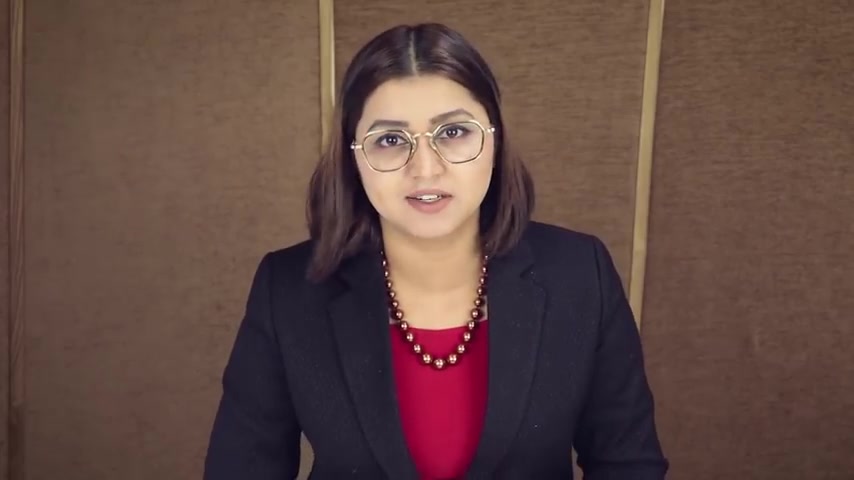
So 80% of your talk , my talk or our talk is misunderstood by the listener .
Why it happens .
There are multiple reasons of it .
Reason .
Number one preconceived notion , most of us in most of the contextual talk , we already have preconceived notion about the person or about the people .
They're gonna take it this way .
The person's character is like that person always thinks like this .
So whatsoever it is , you always have a preconceived notion as a result , not just 80% sometimes 95% of the talk is misunderstood .
Second reason of miscommunication , verbal communication , not being backed up by a non verbal communication to be precise .
You say something else and your body language says something else or your tone says all together something else .
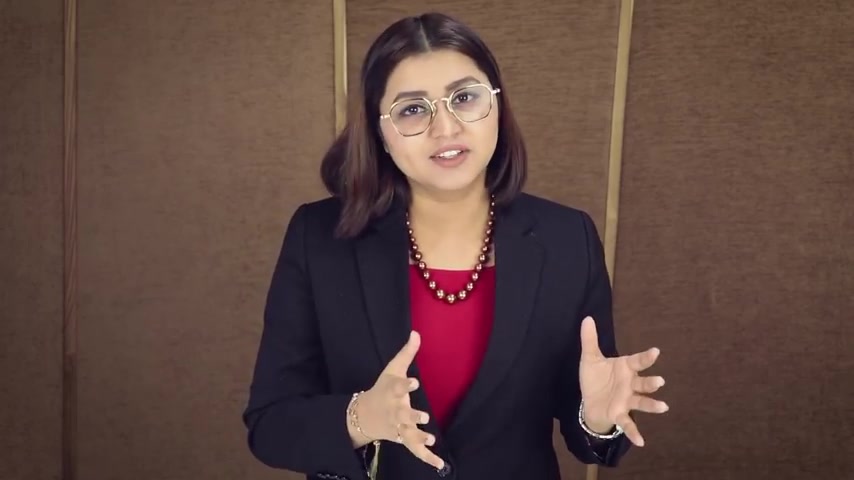
Think of it when a mother is beating her kids , you know , or one kid she's beating , which suggests she's angry at the same time .
She's chuckling , she's smiling or she's making funny comments .
Now there are two messages , two messages she's giving her kid .
Olly , that kid will never be afraid of mother .
So that's a problem in communication of ours as well .
We say something else and we something else .
Problem number third , that helps you miscommunicate .
Well , you see some of us do not give importance to courtesy .
Well , courtesy is the most important element in your communication skills .
If you don't take care of courtesy as a result , people see you as a rude person .
Well , we have talked about ways to miscommunicate .
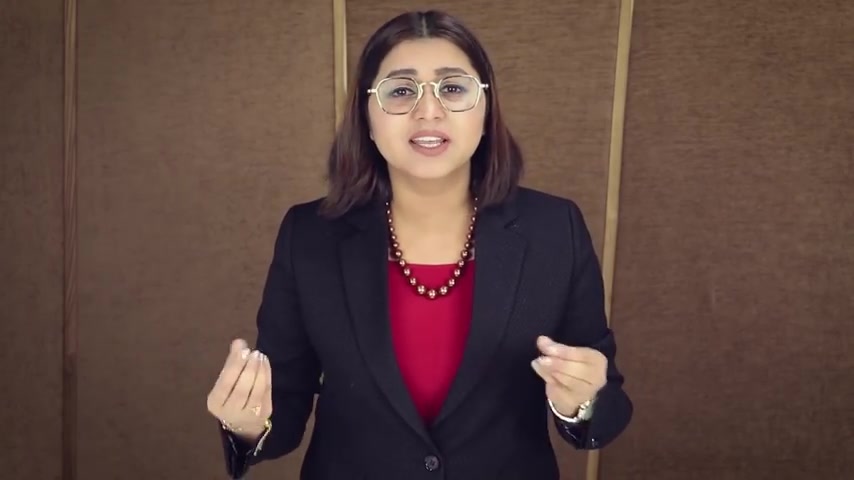
Now let's understand how to avoid miscommunication and how to communicate well and how to make sure whatsoever I wish to speak is going across the listener , right ?
So solution number first , be courteous .
Now how to be courteous .
Um a very basic example , instead of asking somebody fetch me a glass of water , you can simply say , could you please bring me a glass of water ?
You see the tone is different , the word is different and that creates all the difference .
Now , when the person is going to fetch me , a glass of water might abuse me at least in mind .
And when I'm asking a person , could you please bring me a glass of water ?
Person would feel ?
All right .
It's fine .
No big deal .
It's just a glass of water .
I'm supposed to fetch for her , right ?
Well , solution number second to avoid miscommunication , always ask question for the clarity for the clarification .
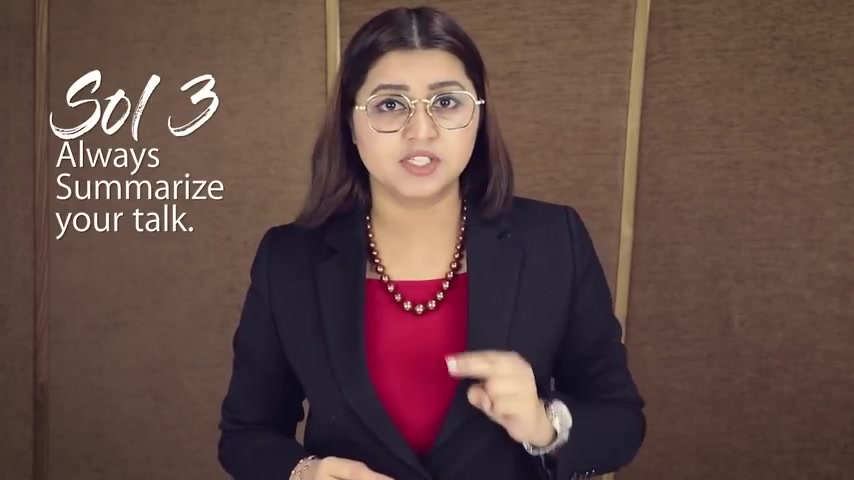
If I'm listening to somebody and I'm not understanding something or if I'm misunderstanding something , I would simply ask , are you trying to say this or if I'm a speaker , I would always ask , did you get me ?
Are we I mean , are you following me ?
So such questions will always and always help you miscommunicate less because you see miscommunication will happen .
But there are certain things which is , which are always there in your hand .
So avoid them .
Solution number third , always and always summarize it .
There are two ways paraphrasing and rephrasing .
Rephrasing occurs when I'm a speaker .
I'm not sure whether the person is getting everything , whatever I wish to convey or not .
So I'll paraphrase all the time .
I won't be stubborn to just speak it in one way and be confident , right ?
They must have got it .
I'll rephrase it and when I'm a listener , I'll paraphrase it to confirm .
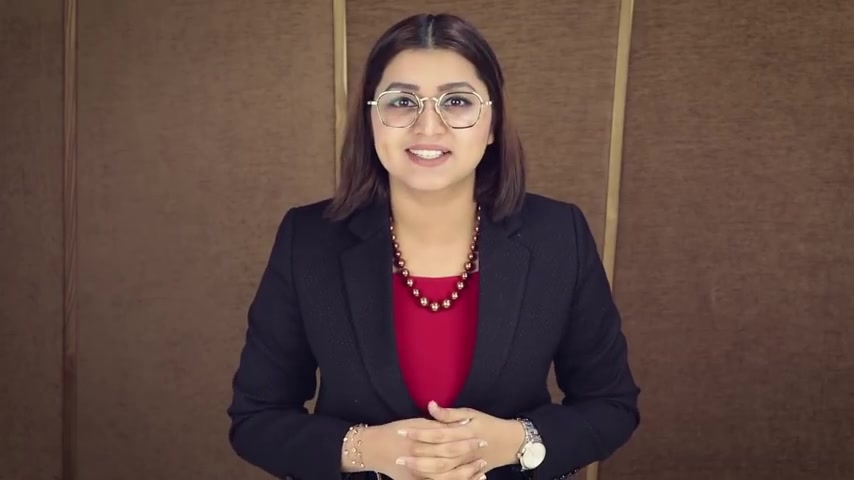
So I would paraphrase whatever the speaker said and I would say , oh , you know , so what I understood about this particular context is uh this , this , this , this , so am I right ?
And that always works wonderfully .
At least you'll be sure of what you're getting is the same , what speaker you know , is trying to convey you and whatever you are saying , your listener is getting the same .
So these were three amazing ways to avoid miscommunication and master better communication .
Are you looking for a way to reach a wider audience and get more views on your videos?
Our innovative video to text transcribing service can help you do just that.
We provide accurate transcriptions of your videos along with visual content that will help you attract new viewers and keep them engaged. Plus, our data analytics and ad campaign tools can help you monetize your content and maximize your revenue.
Let's partner up and take your video content to the next level!
Contact us today to learn more.